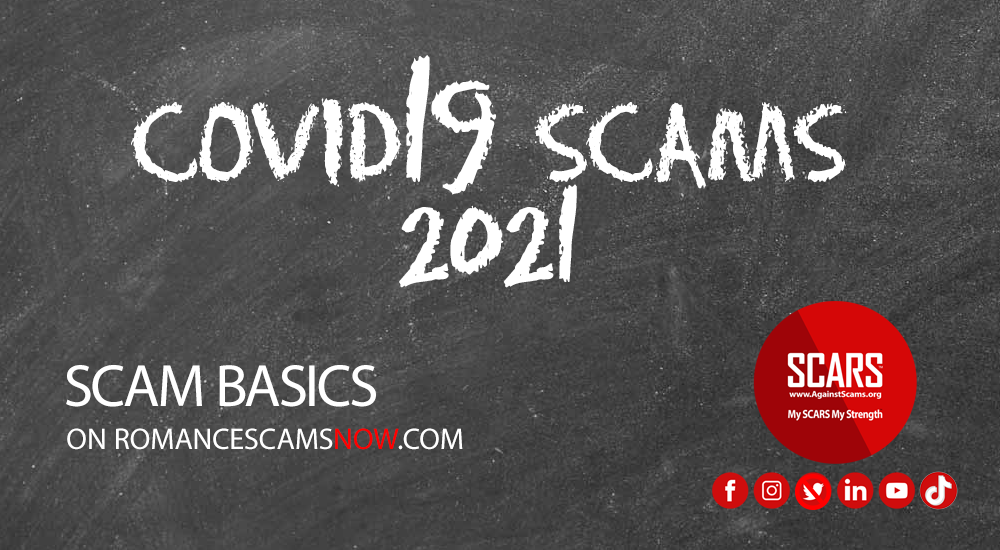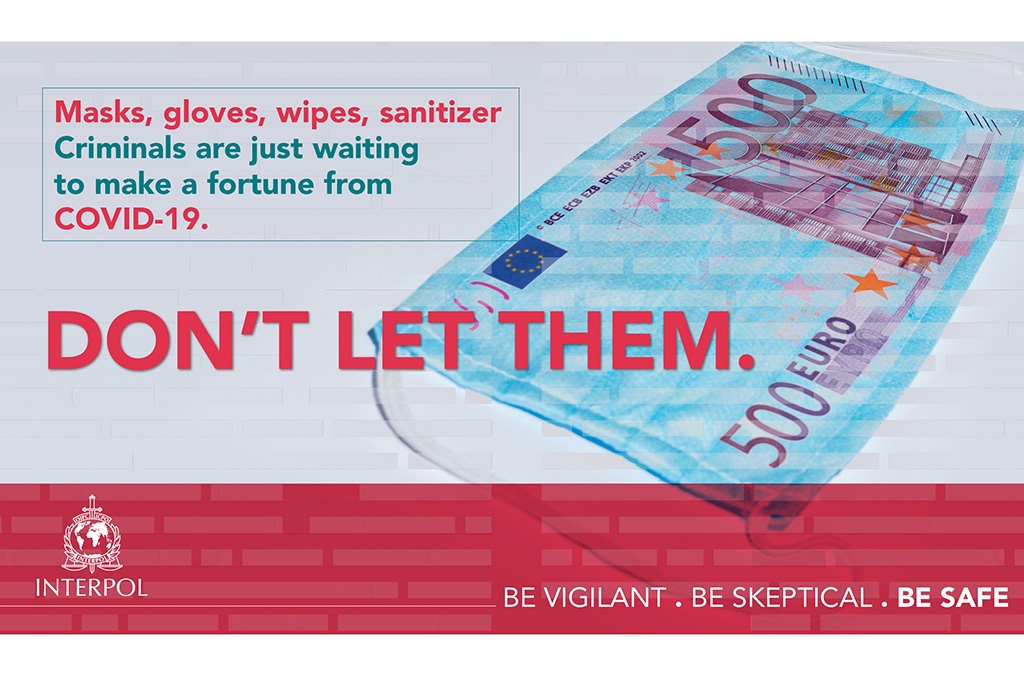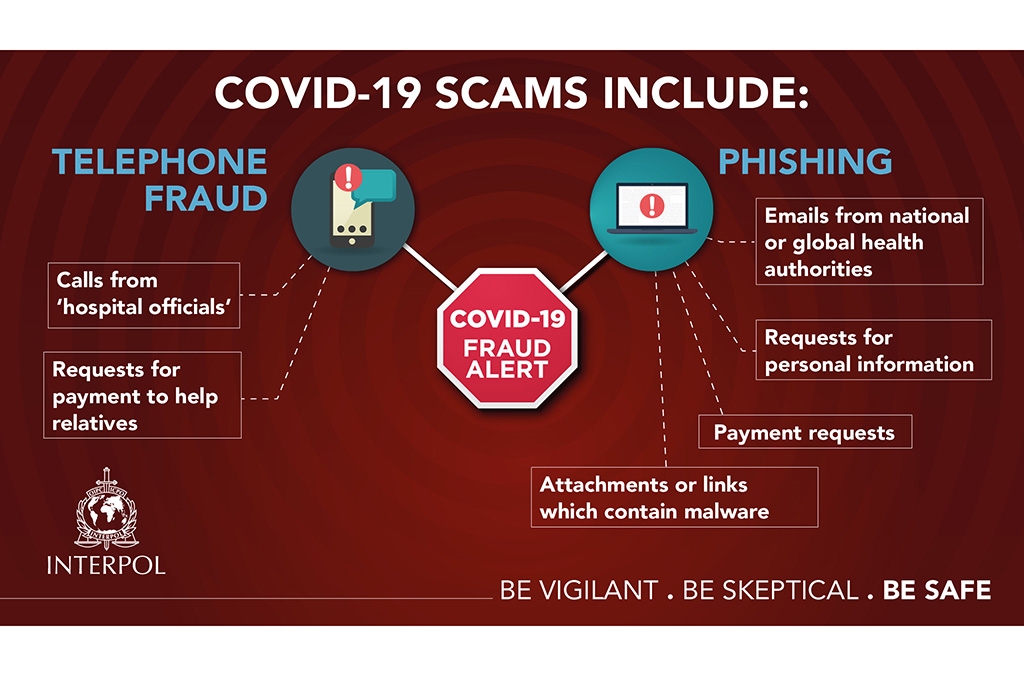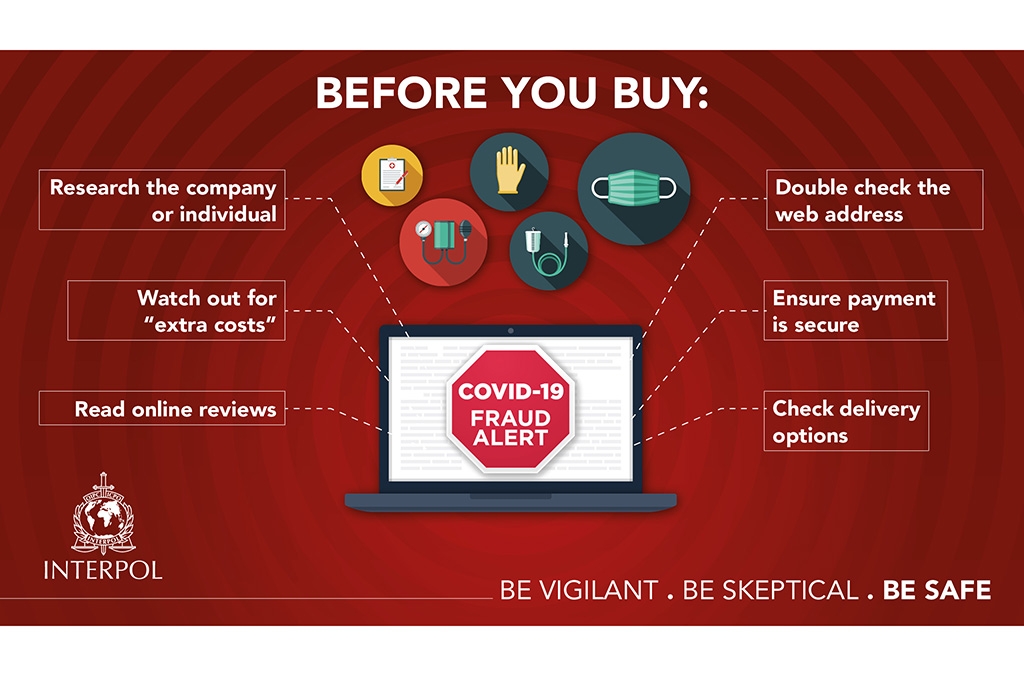Scam Basics – COVID19 (Coronavirus) Scams – 2021 Update
The basics of COVID19 Scams Now
Please be careful, some COVID19 scams can be dangerous!
Always check with the U.S. Centers for Disease Control (www.CDC.gov) or the World Health Organization (www.WHO.int) before believing health claims for your own safety.
COVID-19 (Coronavirus) Scams
We are seeing criminals trying to cash in on the coronavirus outbreak.
Medical supplies
With surgical masks and other medical supplies in high demand yet difficult to find in retail stores, fake shops, websites, social media accounts and email addresses claiming to sell these items have sprung up online.
But instead of receiving the promised masks and supplies, unsuspecting victims have seen their money disappear into the hands of the criminals involved.
Phone fraud
Criminals are also using telephone deception to carry out financial frauds – they will call victims pretending to work for a hospital or medical clinic, claiming that a relative of the victim has fallen sick with the virus and request payments for medical treatment.
In many cases, the fraudsters impersonate legitimate companies, using similar names, websites and email addresses in their attempt to trick unsuspecting members of the public, even reaching out proactively via emails and messages on social media platforms.
Warning signs
If you are looking to buy medical supplies online, or receive emails or links offering medical support, be alert to the signs of a potential scam to protect yourself and your money.
- Independently verify the company/individual offering the items before making any purchases;
- Be aware of bogus websites – criminals will often use a web address that looks almost identical to the legitimate one, e.g. ‘abc.org’ instead of ‘abc.com’;
- Check online reviews of a company before making a purchase – for example, have there been complaints of other customers not receiving the promised items?;
- Be wary if asked to make a payment to a bank account located in a different country than where the company is located;
If you believe you have been the victim of fraud, alert your bank immediately so the payment can be stopped. - Do not click on links or open attachments which you were not expecting to receive, or come from an unknown sender;
Be wary of unsolicited emails offering medical equipment or requesting your personal information for medical checks – legitimate health authorities do not normally contact the general public in this manner.
TAGS: SCARS, Information About Scams, Anti-Scam, Scams, Scammers, Fraudsters, Cybercrime, Crybercriminals, Romance Scams, Scam Victims, Online Fraud, Online Crime Is Real Crime, Scam Avoidance, COVID19 Scams, Coronavirus Scams, Pandemic Scams, Lockdown Scams, Vaccine Scams
PLEASE SHARE OUR ARTICLES WITH YOUR FRIENDS & FAMILY
HELP OTHERS STAY SAFE ONLINE – YOUR KNOWLEDGE CAN MAKE THE DIFFERENCE!
THE NEXT VICTIM MIGHT BE YOUR OWN FAMILY MEMBER OR BEST FRIEND!
By the SCARS™ Editorial Team
Society of Citizens Against Relationship Scams Inc.
A Worldwide Crime Victims Assistance & Crime Prevention Nonprofit Organization Headquartered In Miami Florida USA & Monterrey NL Mexico, with Partners In More Than 60 Countries
To Learn More, Volunteer, or Donate Visit: www.AgainstScams.org
Contact Us: Contact@AgainstScams.org







Leave A Comment